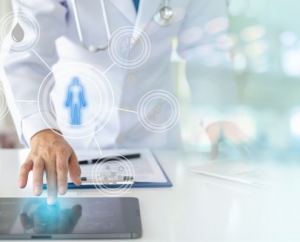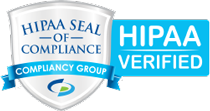How Technology is Revolutionizing the Healthcare Industry
The healthcare industry is experiencing rapid changes, thanks to various technological advancements that are making it possible to improve patient care while enhancing the overall healthcare experience.The industry is also becoming increasingly reliant on technology and IT service companies as both are playing a pivotal role in the adaptation of new technologies – they’ve changed the way doctors work, interact with patients, and diagnose diseases. The following are some examples of how new technologies aide in modernization and the resulting impact on patient care and operating systems.
Improving Patient Care

Technology enhances patient care by streamlining processes, creating remote appointments, patient monitoring, and improving accuracy, among others. One of the most significant advancements made is with telemedicine, which connects patients and healthcare professionals remotely using video conferencing and other communication technologies. Through telemedicine, doctors can examine patients and prescribe medication. This is especially useful for people with chronic illnesses or those living in rural areas.
Improving Diagnostics
Advancements made in the fields of Artificial Intelligence (AI), machine learning, and big data have made it possible to improve disease diagnosis. “Smart” algorithms can now analyze vast amounts of patient data, including lab tests, imaging, and genetic information to help detect diseases more accurately and earlier, before symptoms actually occur. This technology is not only improving patient outcomes but also reducing healthcare costs.
Enhancing Communication
With the widespread adoption of electronic health records (EHRs), healthcare providers can now easily share and access patient information securely and efficiently. EHRs provide a digital copy of a patient’s medical history, including their diagnoses, medications, test results, and treatment plans, among other relevant information. The use of EHRs has several benefits. For starters, they improve the accuracy and completeness of patient records. They also reduce the risk of human error, and ensure that all providers have access to the same up-to-date information. Additionally, they increase efficiency by allowing healthcare providers to access patient records while supporting better communication overall, since as all providers can access and contribute to the same document. Lastly, wearable devices, mobile apps, and other digital platforms make it easier for patients to communicate with doctors and monitor their health status.
Access to the Patient’s History
Access to a patient’s medical history is crucial for accurate diagnosis and effective treatment. EHRs facilitate storing and retrieving comprehensive patient information, including medical history, laboratory test results, imaging scans, and other relevant health data. This information is readily accessible online and can assist physicians in making informed decisions, preventing redundant tests and treatments.
IT Companies Partnering with Healthcare
IT companies are partnering with healthcare companies to improve healthcare systems. Collaborations with IT solutions such as machine learning, cloud computing, and robotics can all enhance care. These companies offer unique skillsets and resources that help healthcare companies develop and maintain IT solutions that improve patient care. For example, implementing remote patient monitoring and disease surveillance programs leverage advanced technologies such as wearables, sensors, and artificial intelligence to collect and analyze patient data in real time. This enables healthcare providers to remotely monitor patient health conditions, track disease outbreaks, and intervene early to prevent adverse health outcomes. Implementing these programs has the potential to improve patient outcomes, reduce healthcare costs, and increase efficiency throughout the healthcare delivery process.
Conclusion
The healthcare industry has undergone significant changes due to technological advancements that are transforming how providers deliver care to patients and how patients receive care. From telemedicine and AI to mobile apps and wearable devices, technology enables healthcare providers to deliver more efficient and effective care, reduce medical error, and improve patient outcomes. The adoption of these technologies has created opportunities for IT companies and healthcare providers to collaborate and develop innovative solutions that enhance patient care and streamline operation even further. It’s critical for healthcare providers to leverage these new technology solutions to improve a patient’s quality of care while increasing their own profitability and streamlining operational efficiencies.






